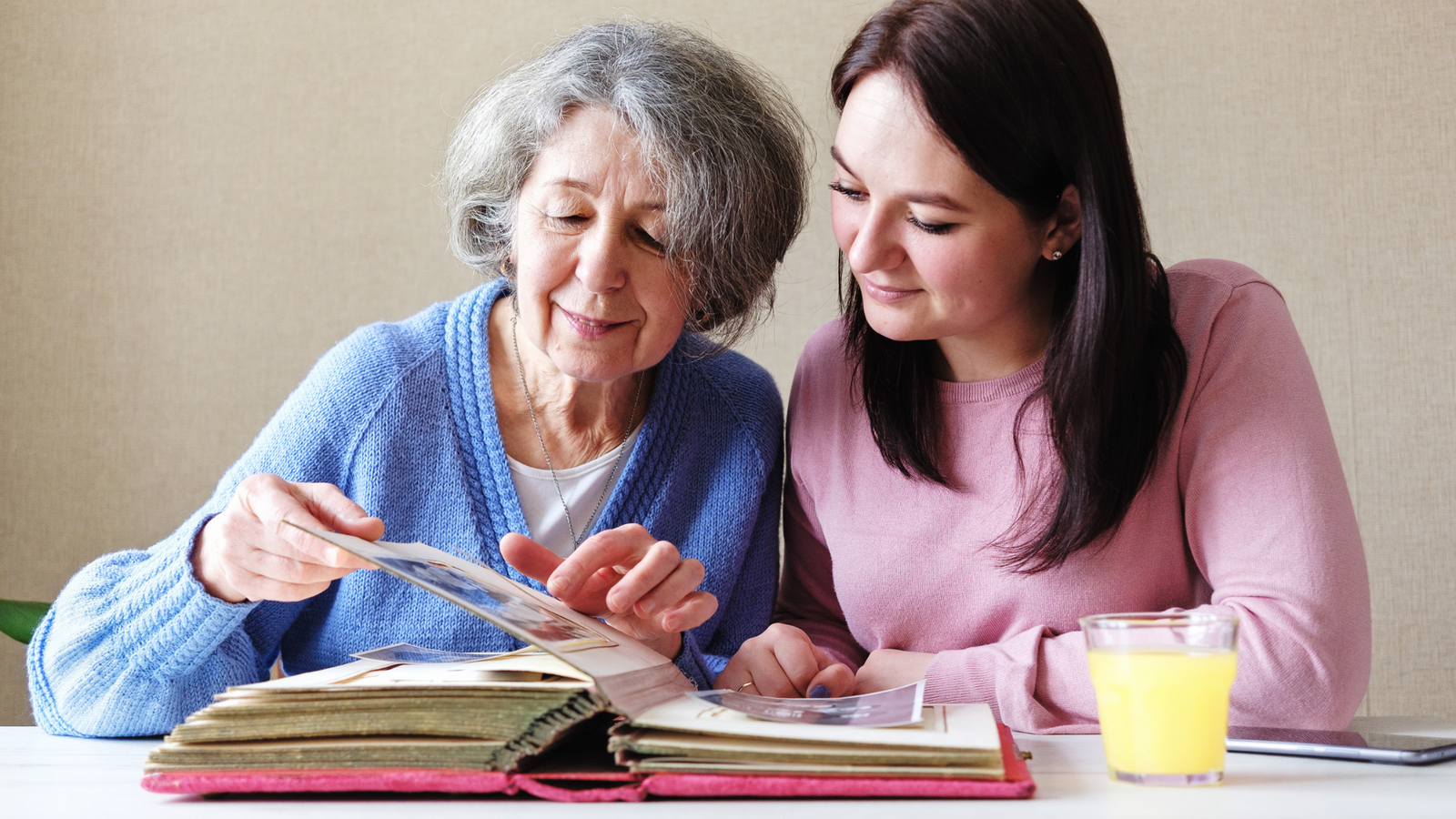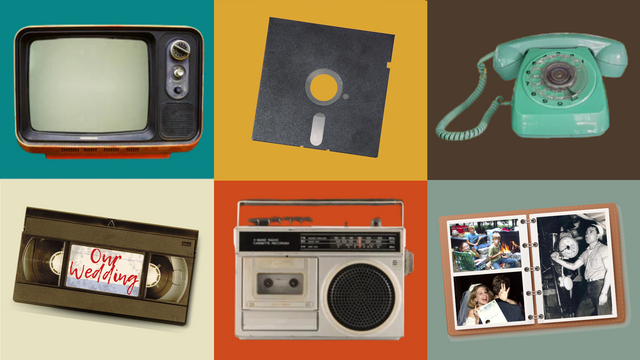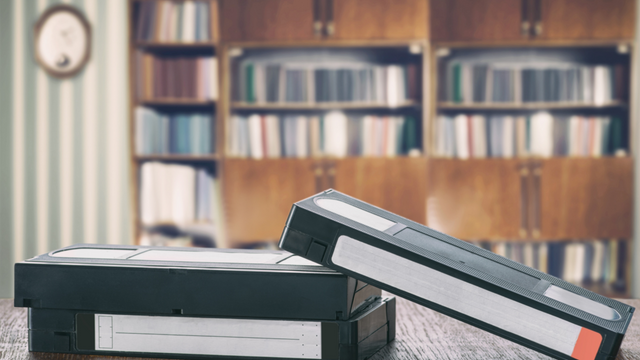Nostalgia can sneak up on you. Maybe it's the smell of a school lunchbox. The flicker of an old home video. A rerun of That '70s Show or a glance at a faded photo album. But what is nostalgia, exactly? And why does it make us feel so much?
More than a passing feeling, nostalgia is a deeply human experience—one rooted in memory, emotion, connection, and even biology. It tells us something powerful about who we are and who we’ve loved.
Is Nostalgia an Emotion or Something Deeper?
Yes, nostalgia is an emotion—but it’s not quite like sadness or joy. It's a bittersweet blend of both. Scientists define nostalgia as a sentimental longing for the past, often linked to cherished moments with people we care about.
It’s not just a personal emotion either. Research shows that nostalgia can reduce stress, enhance well-being, and even increase empathy. That warm feeling? It’s oxytocin—often called the "love hormone"—being released as you reflect on meaningful memories.
Nostalgic Memories and Gen X Characteristics
For Gen X, nostalgia has its own rhythm. This generation grew up in a transitional time—before smartphones but after the invention of the VCR. It was an analog childhood with digital adulthood.
Nostalgic memories from Gen X often include mixtapes, Saturday morning cartoons, camcorders, and paper photo albums. Preserving those memories matters not only because they shaped us, but because they’ve become harder to replay.
If you’re holding onto VHS tapes, photo albums, or 8mm film reels, those objects aren’t just clutter—they’re emotional time capsules.
How Photo Sharing Builds Online Communities
Nostalgia used to be a solo experience—flipping through pictures or playing old records alone. But now, it’s social. Platforms like Instagram, Facebook, and even Reddit have created space for sharing memories across generations.
Whether you're reliving 90s fashion, posting a childhood throwback, or joining a discussion about That ‘70s Show, nostalgic photo sharing builds online communities grounded in common experience. It’s not just “remember when”—it’s “remember this with me.”
When those memories are digitized and organized, they become easier to share—across distance, generations, and even time zones.

Digitizing Nostalgic Memories Makes Them Easier to Feel Again
Nostalgia is most powerful when it’s accessible. That’s why more families are turning to services that help convert 8mm movie film to digital, scan old photo albums, or preserve VHS tapes before they fade.
Choosing a service that stores your memories in the cloud (instead of burning them to DVDs) makes it easier to access, share, and relive the moments that matter most. You can explore America’s best digitizing service to see what’s possible.
Nostalgia reminds us who we are. Digitizing makes sure we don’t forget.
FAQ: People Also Ask
What does nostalgia mean in psychology?
In psychology, nostalgia refers to a sentimental longing for past experiences. It is often triggered by music, photos, or familiar places and can boost mood, reduce stress, and strengthen social bonds.
Why do people feel nostalgic?
People feel nostalgic when sights, sounds, or smells remind them of meaningful past events. These triggers connect emotions and memory, offering comfort, joy, and a sense of identity.
Is nostalgia good for mental health?
Yes, nostalgia is generally positive for mental health. Research shows it can increase optimism, reduce loneliness, and foster resilience by reminding people of supportive relationships and happy times.
What are common triggers of nostalgia?
Common triggers of nostalgia include old songs, childhood photos, family traditions, scents, or watching retro movies. These cues bring past experiences vividly back to mind.
How does nostalgia affect the brain?
Nostalgia activates brain regions tied to memory and emotion, such as the hippocampus and amygdala. This activation enhances feelings of warmth and belonging, while reinforcing personal identity.
Recommended Next Reads
What Is 80s Retro Nostalgia?
Your Wedding Video Is Worth Watching Again
Childhood Nostalgia: Relive the Magic of the 80s and 90s
How to Transfer VHS to Digital: Keep Your Family Memories Safe
What Is an Eight Track Tape? Nostalgia Meets Digital Conversion
📧 Want more tips like this?
Subscribe to Heirloom emails to learn how to preserve your priceless memories. Get discount codes for expedited shipping, quality digitizing, and secure cloud storage. We never spam, and it’s easy to unsubscribe at any time.



